Kenya’s Blockchain and AI Taskforce released its first report to the public since the ICT Cabinet Secretary Joe Mucheru launched the body in 2018. The report depicts an implementation strategy for the adoption of these two emerging technologies that will steer Kenya to the fourth industrial revolution.
Implementation Strategy
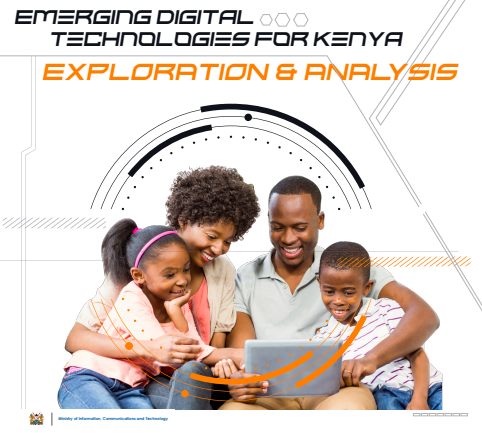 The report, titled Emerging Technologies for Kenya: Exploration & Analysis, has stipulated an implementation strategy based on blockchain technology and AI that will solve challenges such as financial exclusion, corruption, high public debt, inefficient public service delivery, food insecurity, and high transaction costs.
The report, titled Emerging Technologies for Kenya: Exploration & Analysis, has stipulated an implementation strategy based on blockchain technology and AI that will solve challenges such as financial exclusion, corruption, high public debt, inefficient public service delivery, food insecurity, and high transaction costs.
Furthermore, the report will guide the government in attaining the Big Four Agenda, which encompasses affordable housing, food security, manufacturing, and healthcare.
The Chairman of the taskforce, Bitange Ndemo stated: “I am confident that this report will guide policymakers in their efforts to stimulate an efficient and resilient economy with respect to the digital transformational technologies, especially with the realisation of the Big Four Agenda.”
Some of the implementation strategies are as follows:
The Blockchain and AI Taskforce has proposed a digital asset framework that will guide companies wishing to list a cryptocurrency on an exchange. According to the report, the Capital Markets Authority (CMA) is looking into how to regulate initial coin offerings (ICOs) by using the authority’s legal framework and the forthcoming regulatory sandbox.
The digital asset framework is meant to help small and medium-sized enterprises that are unable to raise capital through IPOs to have the alternative of using token sales.
The taskforce had earlier announced its proposal for a Central Bank Digital Currency (CBDC), which would facilitate financial inclusion and low-cost transactions.
With 90 percent of Kenyans already using mobile money, credit cards, and bank transfers to make transactions, adding a CBDC to the existing digital economy could be a seamless process.
To introduce a digital currency in Kenya, the taskforce acknowledges that the country first requires a regulatory sandbox and the tokenisation of government fiscal operations.
Another proposed strategy is the tokenisation of the economy which could help to solve unemployment issues. The unemployment rate in Kenya is one of the highest in the world and the taskforce envisions a platform where work is exchanged for tokens to tackle this issue. Service providers will use the platform to build a work marketplace, store data, and manage transactions.
The Ajira Program, an initiative created to enable more Kenyans to work online, will adopt this proposed strategy. Using the Ethereum platform, Ajira will offer inter-person and inter-service settlements and payments. The initial stage of creating the Ajira platform is ongoing. A flagship service called Ajira Machine Learning (AML) is currently running on this platform. The AI-based service links crowd workers to digital tasks.
AML offers human language interfaces in African languages and pays people for teaching the AI to translate these languages.
The Chairman of the blockchain taskforce, Bitange Ndemo, had mentioned in an interview with BitcoinAfrica.io the need to tokenise Kenya’s economy. In addition, he had observed the importance of helping Kenyans to understand this process.
Target Implementation Areas
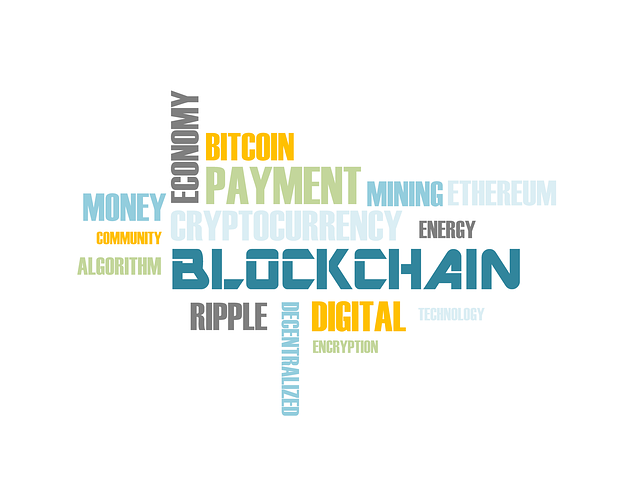 Some of the target implementation areas for blockchain and AI include the Ministry of Lands, Huduma Centres where important documents are issued, and the Ministry of Transport.
Some of the target implementation areas for blockchain and AI include the Ministry of Lands, Huduma Centres where important documents are issued, and the Ministry of Transport.
In the Ministry of Lands, illegally duplicated title deeds are a common issue. With blockchain technology, the land titling process will become transparent and secure.
Moreover, the blockchain will enable Kenya to build an efficient public service delivery system where digitised documents are sharable between various government offices and where Kenyans can trace the payments they make for services.
The Ministry of Transport can build a public transport model based on a sharing economy. This model is then built on a blockchain to ensure that all relevant stakeholders in the transport sector are part-owners and that everyone benefits.
“The Organisation would determine which participants would form part of the networked nodes that would run the validation software as well as the consensus mechanism. Typically, the network of participating nodes would include stakeholders with specific roles and mandates within the ministry and across the transport sector,” the report reads.
The taskforce believes that the proposed strategies and solutions in this report will propel Kenya’s economic development. Additionally, the ICT CS Joe Mucheru illustrates his commitment to have the entire contents of the report executed and to gain the backing of all stakeholders in making these recommendations a reality.


 Features3 years ago
Features3 years ago
 Bitcoin2 years ago
Bitcoin2 years ago
 Features3 years ago
Features3 years ago
 Features3 years ago
Features3 years ago
 Features3 years ago
Features3 years ago
 Features3 years ago
Features3 years ago
 Features8 months ago
Features8 months ago
 Bitcoin10 months ago
Bitcoin10 months ago
 Powerhive
Powerhive Speaking of the partnership, Abraham Cambridge, founder & CEO of the Sun Exchange, said: “The cryptocurrency community is made up of inspired individuals eager for more than just financial gain. Our partnership with Powerhive underscores the SUNEX token sale opportunity to support a crypto project geared directly towards reducing global inequality and climate impact. Together, we are working towards a world where no one is forced to cook with unsafe kerosene or wood-burning stoves, no child has to worry about how they will study after dark, and lack of energy access ceases to propel cycles of poverty.”
Speaking of the partnership, Abraham Cambridge, founder & CEO of the Sun Exchange, said: “The cryptocurrency community is made up of inspired individuals eager for more than just financial gain. Our partnership with Powerhive underscores the SUNEX token sale opportunity to support a crypto project geared directly towards reducing global inequality and climate impact. Together, we are working towards a world where no one is forced to cook with unsafe kerosene or wood-burning stoves, no child has to worry about how they will study after dark, and lack of energy access ceases to propel cycles of poverty.”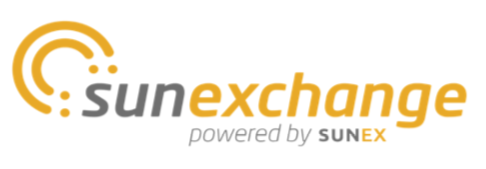 The Sun Exchange was recently selected by the United Nations Development Program to
The Sun Exchange was recently selected by the United Nations Development Program to 





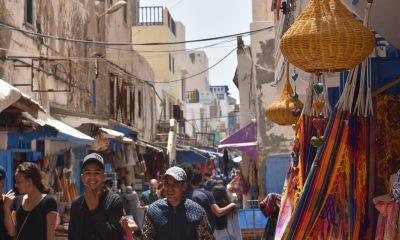



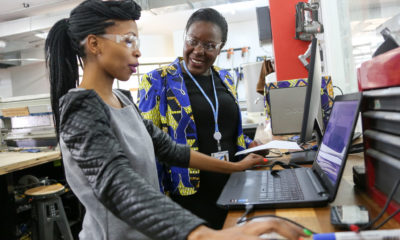

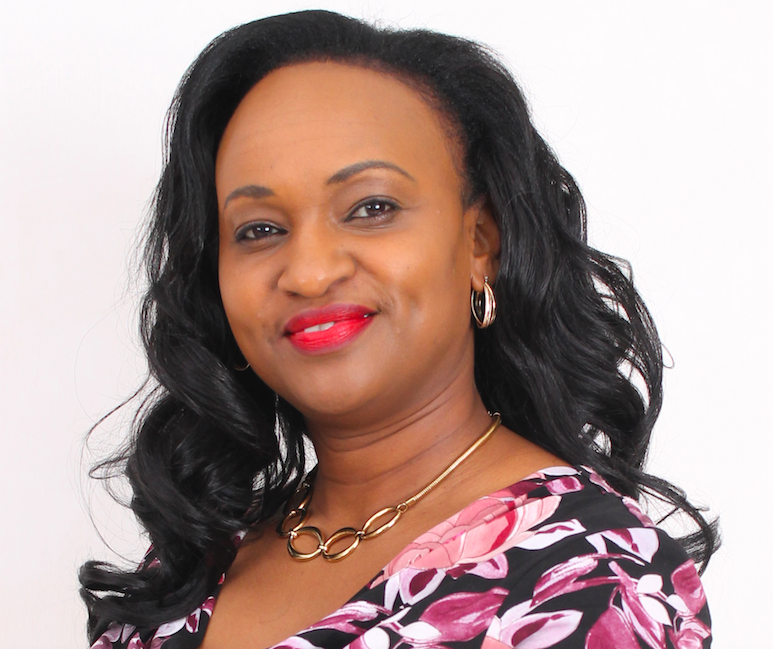
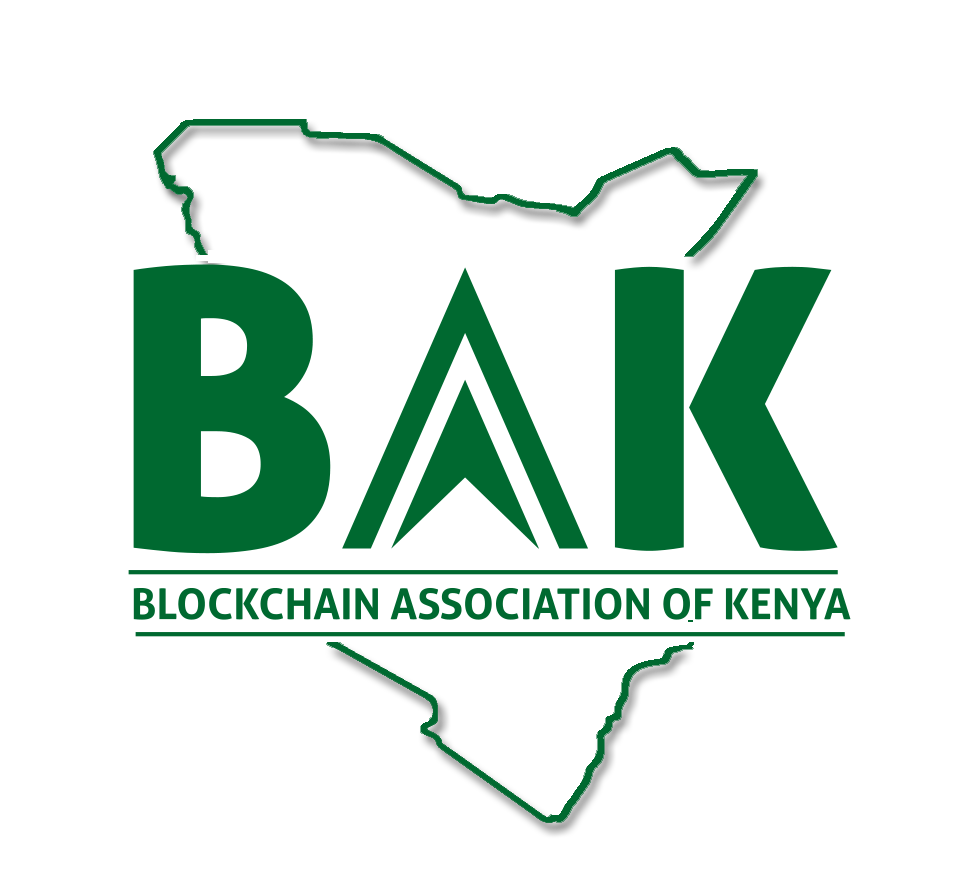 Since it was registered in 2017 as a non-profit, the
Since it was registered in 2017 as a non-profit, the 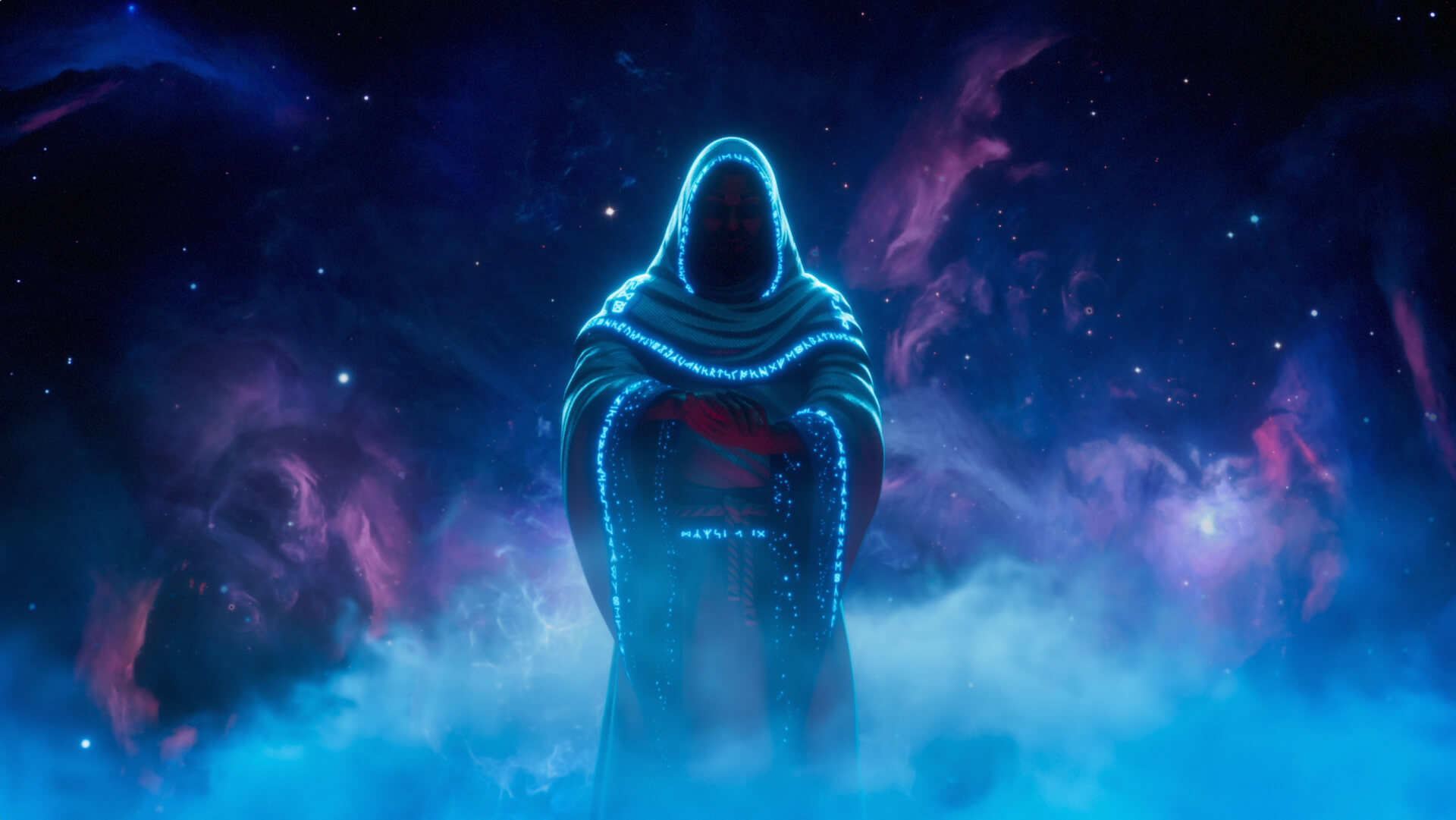
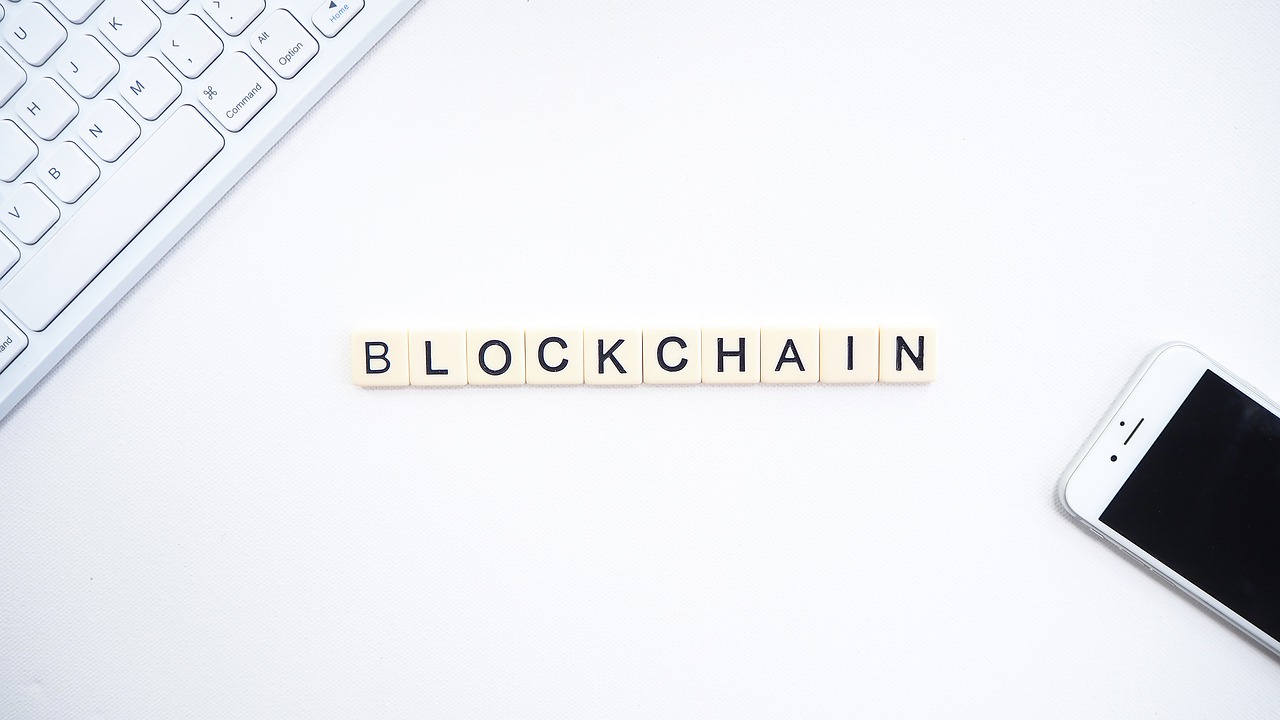

 Some of the target implementation areas for blockchain and AI include the Ministry of Lands, Huduma Centres where important documents are issued, and the Ministry of Transport.
Some of the target implementation areas for blockchain and AI include the Ministry of Lands, Huduma Centres where important documents are issued, and the Ministry of Transport.
